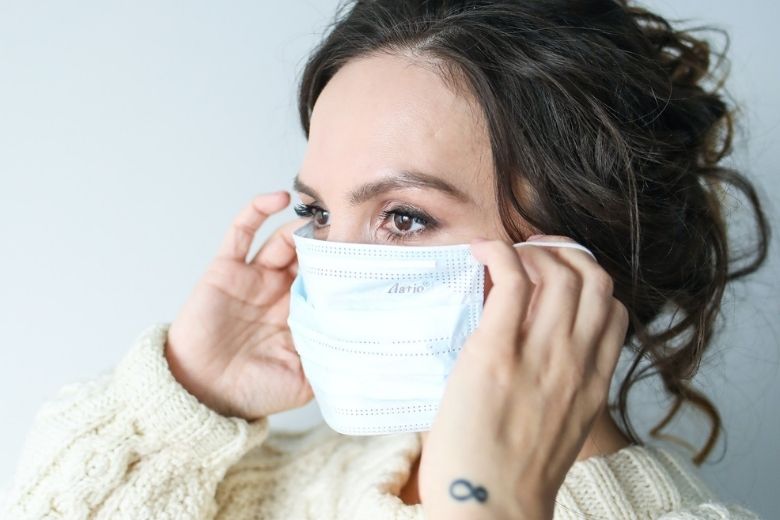These days it’s hard to determine what exactly you’re suffering from when you’re not feeling well. Is it a harmless cold, the flu or the coronavirus? Some people get very ill when they have caught COVID-19, while others do not even realize that they have (had) the virus. Are you wondering if you have had the virus without knowing? These six signs may indicate that you did.
1. Colds
Around this time of year, many people have a cold. However, your common cold from the other day might not have been so innocent after all. It could be a symptom of the coronavirus. If you only had a cold and didn’t have any other unusual symptoms, experts say there’s a good chance you only suffered from a common cold. Was your cold accompanied by one (or more) of the following symptoms? Then you may have had the coronavirus:
- Fever and chills
- A cough
- Difficulty breathing/shortness of breath
- Fatigue
- Muscle pain
- Headache
- Loss of smell and taste
- Sore throat
- A runny nose
- Nausea and vomiting
- Diarrhea
2. Loss of smell and taste
Loss of smell and taste is one of the main indicators of the coronavirus. The symptom does not occur in every patient and can also occur with a common cold. If you have been suffering from loss of smell and taste for an extended period of time, it is possible that you have had COVID-19.
3. Hair loss
Little research has been done on the relationship between hair loss and the coronavirus. Nevertheless, there are many cases in America where the patient suddenly experienced hair loss during recovery. According to a doctor it is important to realize that hair loss is almost never the only symptom of COVID-19. Haven’t you had any other symptoms? Then hair loss could very well be a consequence of stress.
4. Shortness of breath
Shortness of breath is one of the more well-known symptoms of the virus. Many people who have had corona suffer from shortness of breath for months. How long exactly you can suffer from this symptom has not been determined yet and it probably has to do with prolonged inflammation in the lungs. What is clear, however, is that it is one of the most persistent symptoms patients suffer from.
5. Persistent cough
A persistent cough is also a common symptom of COVID-19. Often it concerns a dry cough, which means that there is hardly any mucus. A U.S. study found that 43 percent of people who have had the virus continue to have dry coughs for about 14 to 21 days after diagnosis.
6. Fatigue
A study by the Journal of the American Medical Association found that 53 percent of COVID-19 patients sometimes suffer from extreme fatigue for up to 60 days after diagnosis. If you’ve noticed that you’ve been very tired for a while and you’ve had other symptoms, you may already have had the virus.


